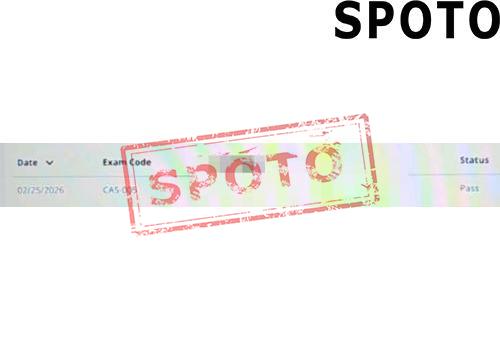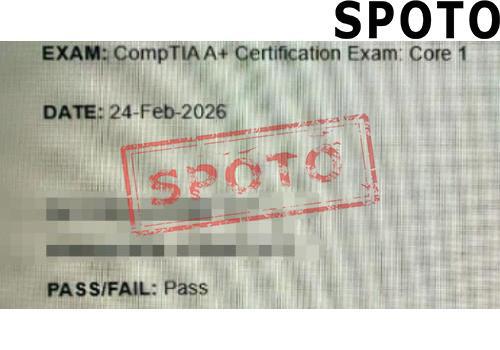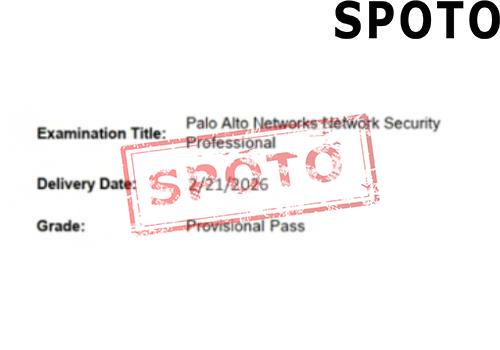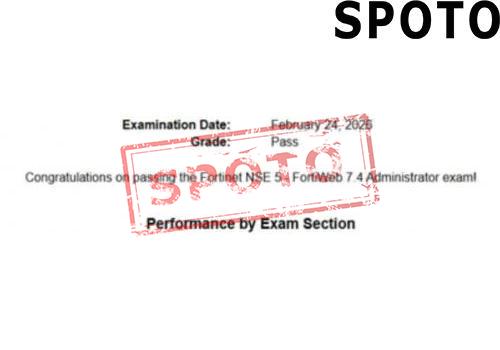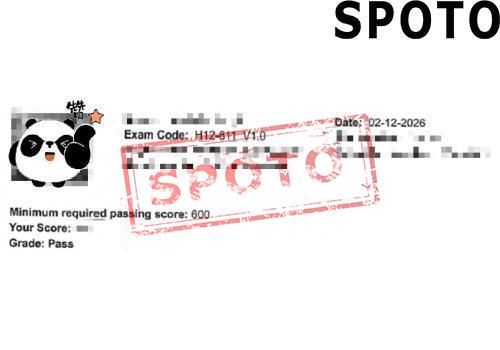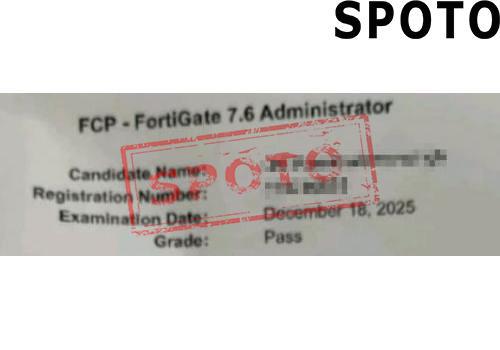
Table of Contents
This guide provides an overview of the Project Professional (PPR) certification, covering its fundamental nature detailed specifications and core requirements.
1. What is Project Professional certification?
The Project Professional (PPR) is a professional certification offered by the Association for Project Management (APM) in the UK. It verifies the holder's practical capabilities, professional knowledge, and applied skills across the entire project management lifecycle. It is a highly recognized intermediate and senior-level qualification in the UK and internationally, and serves as a crucial stepping stone towards the higher-level Chartered Project Professional designation.
Focusing on real-world practice, the PPR certification (based on the APM Competence Framework) evaluates a practitioner's ability to apply project management principles, methods, and tools to solve complex project problems. It is not limited to a single methodology but covers a variety of project management approaches, including traditional and agile approaches, making it suitable for experienced practitioners seeking to demonstrate their project management expertise.
2. Benefits of having Project Professional certification
The Project Performance Review (PPR) is a core certification offered by APM. Based on a globally recognized competency framework, it demonstrates the holder's practical ability to independently manage projects. Highly recognized in the UK and European project management markets, it serves as an authoritative endorsement of a practitioner's professional competence.
In addition, the PPR serves as an accelerator for career advancement. For practitioners seeking to advance to senior project managers and project directors, the PPR serves as a "hard indicator" of competence. This is particularly true in sectors with strict project management standards, such as government, finance, and engineering. The PPR demonstrates that practitioners meet the experience and competency requirements and is a key path to applying for the ChPP, paving the way towards achieving top-tier project management qualifications.
Certificate holders can join the APM professional community to gain access to the latest industry insights, training resources, and personal connections, providing access to industry resources and better supporting their career development.
3. Understanding the PPR Certification
The PPR certification requires holders to demonstrate comprehensive capabilities across the entire project management process, covering key areas within the APM competency framework. These include the ability to understand and translate business needs; define project objectives, scope, deliverables, and success criteria; develop project plans, including schedules, resource allocation, and risk management plans; and establish project governance structures. These certifications include leading project teams to execute plans, monitoring progress, cost, and quality to ensure compliance with expected goals, managing change requests, assessing impacts and adjusting plans, maintaining project controllability, resolving project conflicts, and coordinating and reaching consensus among all parties.
Practitioners are also required to conduct project closure and review, completing project deliverable acceptance checks to ensure that business needs are met, conducting project closure activities, and organizing review meetings to analyze lessons learned and provide reference for future projects.
In addition, PPR certification holders are also required to possess project management soft skills, including leadership, communication, and problem-solving abilities. They must adhere to the APM Code of Ethics, ensure integrity and transparency in the project management process, and understand and integrate industry compliance requirements into project management.
4. Qualifying for the PPR Certification
(1) Work Experience
PPR-certified practitioners must possess at least three years of full-time project management experience and at least one year of project management leadership experience within the past five years, such as as a project manager or project leader. They must also demonstrate practical experience at the "Applied" level or higher across the ten core competency areas of the APM Competency Framework.
(2) Assessment
The PPR certification is assessed through a portfolio review and interview, rather than a traditional exam. Applicants must submit a detailed portfolio that includes a personal description of their career, highlighting their project management responsibilities and achievements; two to three case studies demonstrating specific practices, challenges, and achievements at different project stages; supporting documentation; and a record of continuing professional development (CPD) with at least 35 hours of project management-related learning completed in the past 12 months. After passing the portfolio screening, applicants will participate in a one-hour structured interview with an APM certification examiner to assess their understanding and application of project management knowledge, their problem-solving and leadership skills demonstrated in their case studies, and their understanding of the APM Code of Ethics.
(3) Maintaining Certification
PPR certification is valid for three years. Renewal requires submission of a cumulative 105 hours of CPD over three years and evidence of ongoing project management experience to ensure knowledge and skills remain current.
5. Similar certifications of Project Professional certification
- PMP (Project Management Professional)
- IPMP (International Project Management Professional)
- PRINCE2® (Projects IN Controlled Environments)
- CSPM (Certified Scaled Project Manager)
- PgMP® (Program Management Professional)




